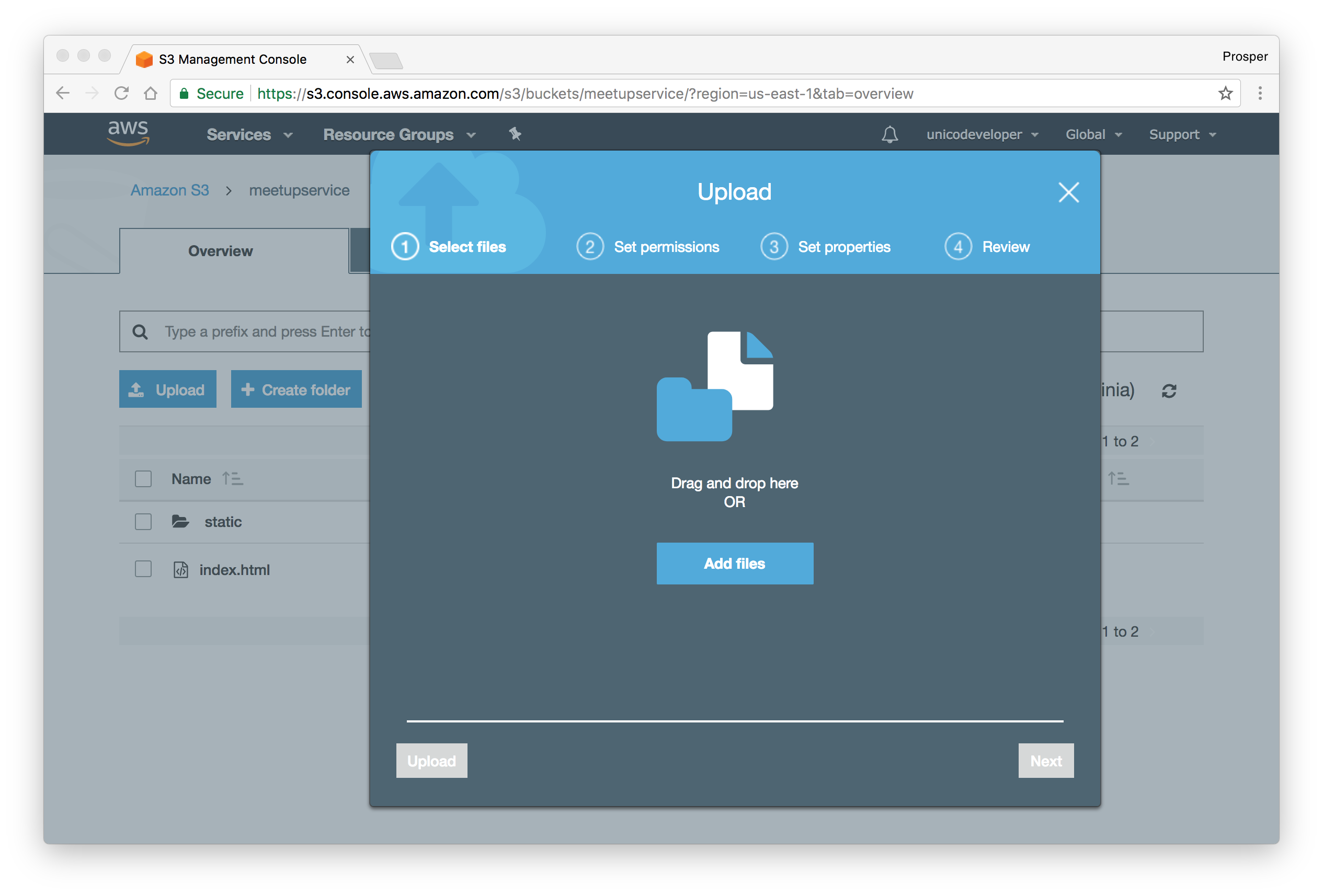

Make sure your credential is valid when activity executes, especially for operationalized workload - for example, you can refresh it periodically and store it in Azure Key Vault. Note AWS temporary credential expires between 15 minutes to 36 hours based on settings.
Synkron upload to s3 how to#
Learn how to request temporary security credentials from AWS. Mark this field as a SecureString to store it securely, or reference a secret stored in Azure Key Vault.Īpplicable when using temporary security credentials authentication. You can choose to use access keys for an AWS Identity and Access Management (IAM) account, or temporary security credentials.Īllowed values are: AccessKey (default) and TemporarySecurit圜redentials. Specify the authentication type used to connect to Amazon S3. The type property must be set to AmazonS3. The following properties are supported for an Amazon S3 linked service: Property The following sections provide details about properties that are used to define Data Factory entities specific to Amazon S3. Search for Amazon and select the Amazon S3 connector.Ĭonfigure the service details, test the connection, and create the new linked service. Use the following steps to create an Amazon S3 linked service in the Azure portal UI.īrowse to the Manage tab in your Azure Data Factory or Synapse workspace and select Linked Services, then click New:


To perform the Copy activity with a pipeline, you can use one of the following tools or SDKs:Ĭreate an Amazon Simple Storage Service (S3) linked service using UI
Synkron upload to s3 full#
If you don't want to grant these permissions, you can choose "Test connection to file path" or "Browse from specified path" options from the UI.įor the full list of Amazon S3 permissions, see Specifying Permissions in a Policy on the AWS site. If you use Data Factory UI to author, additional s3:ListAllMyBuckets and s3:ListBucket/ s3:GetBucketLocation permissions are required for operations like testing connection to linked service and browsing from root. To copy data from Amazon S3, make sure you've been granted the following permissions for Amazon S3 object operations: s3:GetObject and s3:GetObjectVersion. If you want to copy data from any S3-compatible storage provider, see Amazon S3 Compatible Storage. Use Aws\S3\Exception\DeleteMultipleObjectsException
Synkron upload to s3 install#
Install the SDK: composer require aws/aws-sdk-php As I understand you should be able to copy hundreds of thousands of files using this method as there's no way to send a batch to AWS to be processed there. Here's a comprehensive batch solution that copies files from one folder to another using a single call of CommandPool::batch, although under the hood it runs a executeAsync command for each file, not sure it counts as a single API call. The following chart shows CPU usage, RSS and number of threads of the uploading aws process. To give a clue about running more threads consumes more resources, I did a small measurement in a container running aws-cli (using procpath) by uploading a directory with ~550 HTML files (~40 MiB in total, average file size ~72 KiB) to S3. To avoid timeout issues from the AWS CLI, you can try setting the -cli-read-timeout value or the -cli-connect-timeout value to 0.Ī script setting max_concurrent_requests and uploading a directory can look like this: aws configure set s3.max_concurrent_requests 64Īws s3 cp local_path_from s3://remote_path_to -recursive


 0 kommentar(er)
0 kommentar(er)
